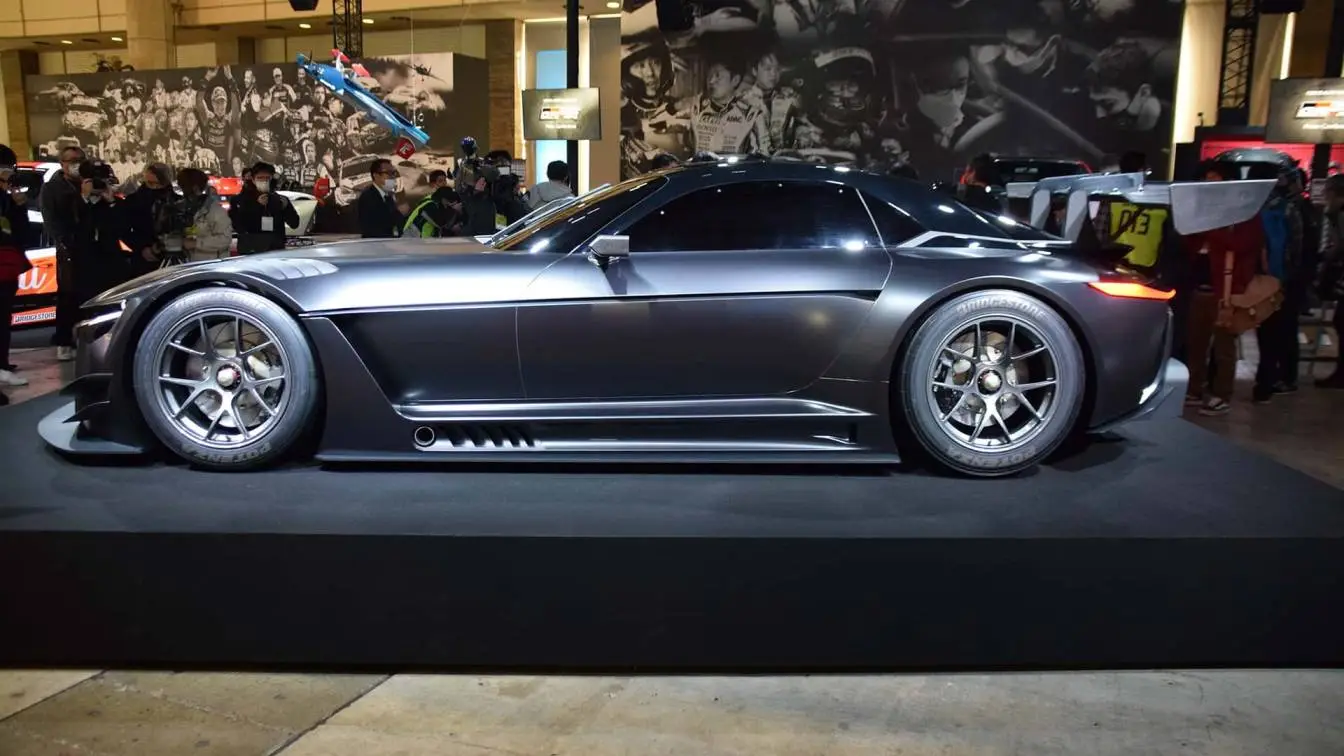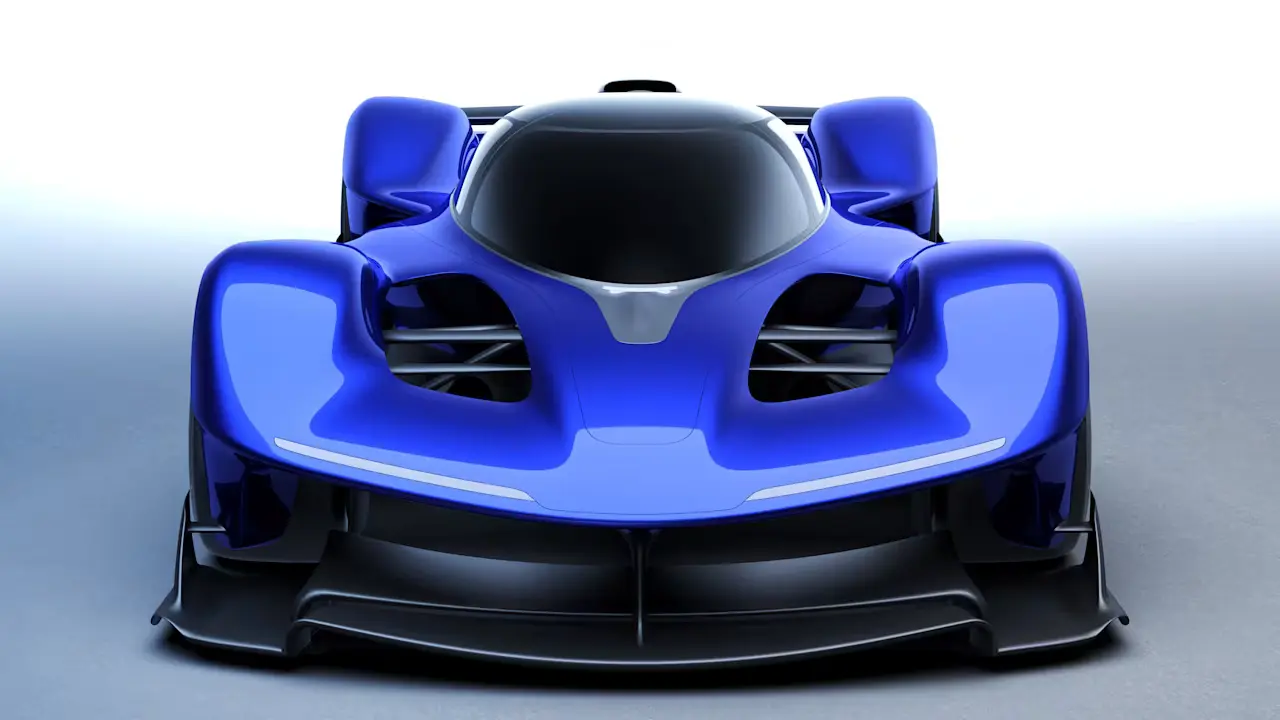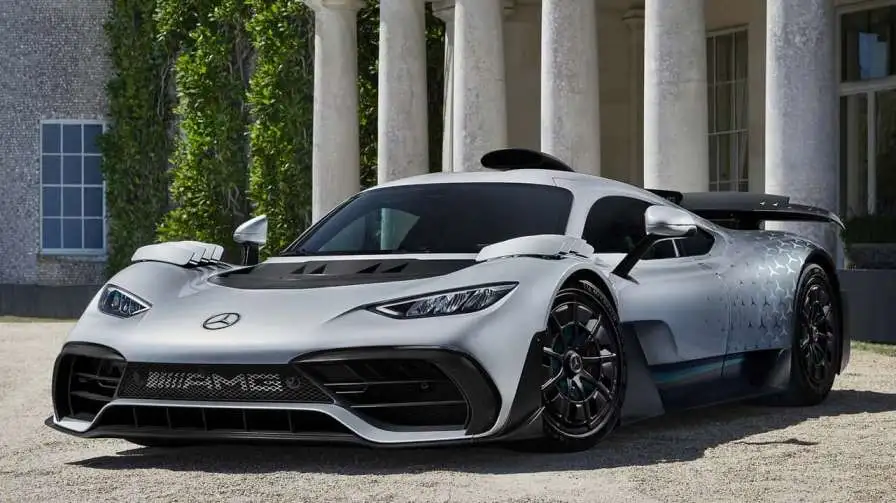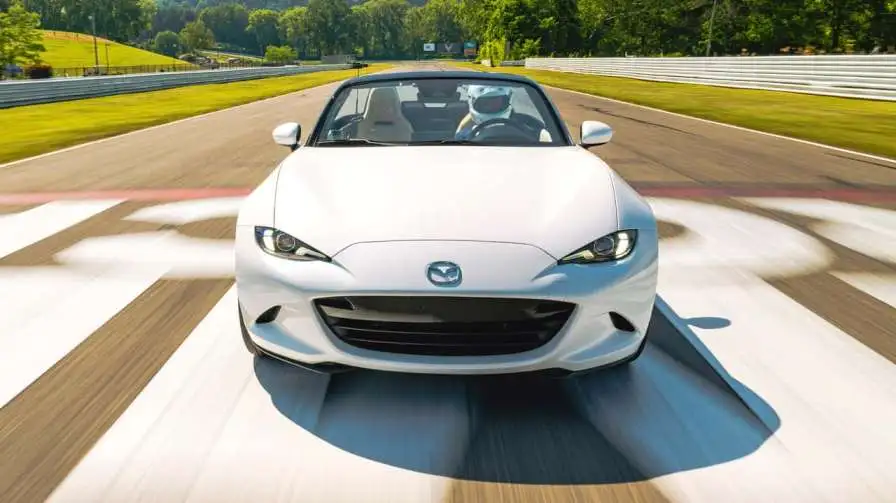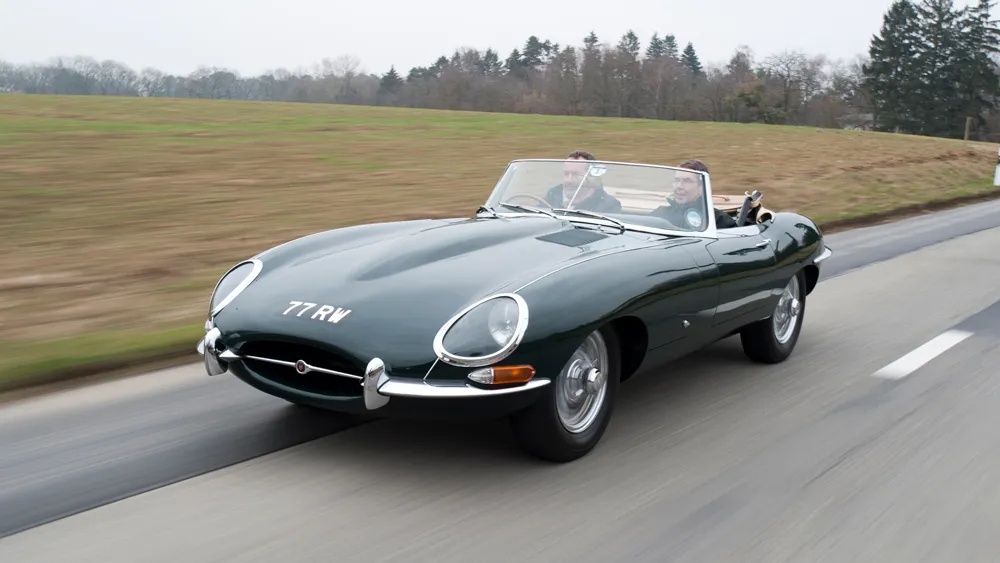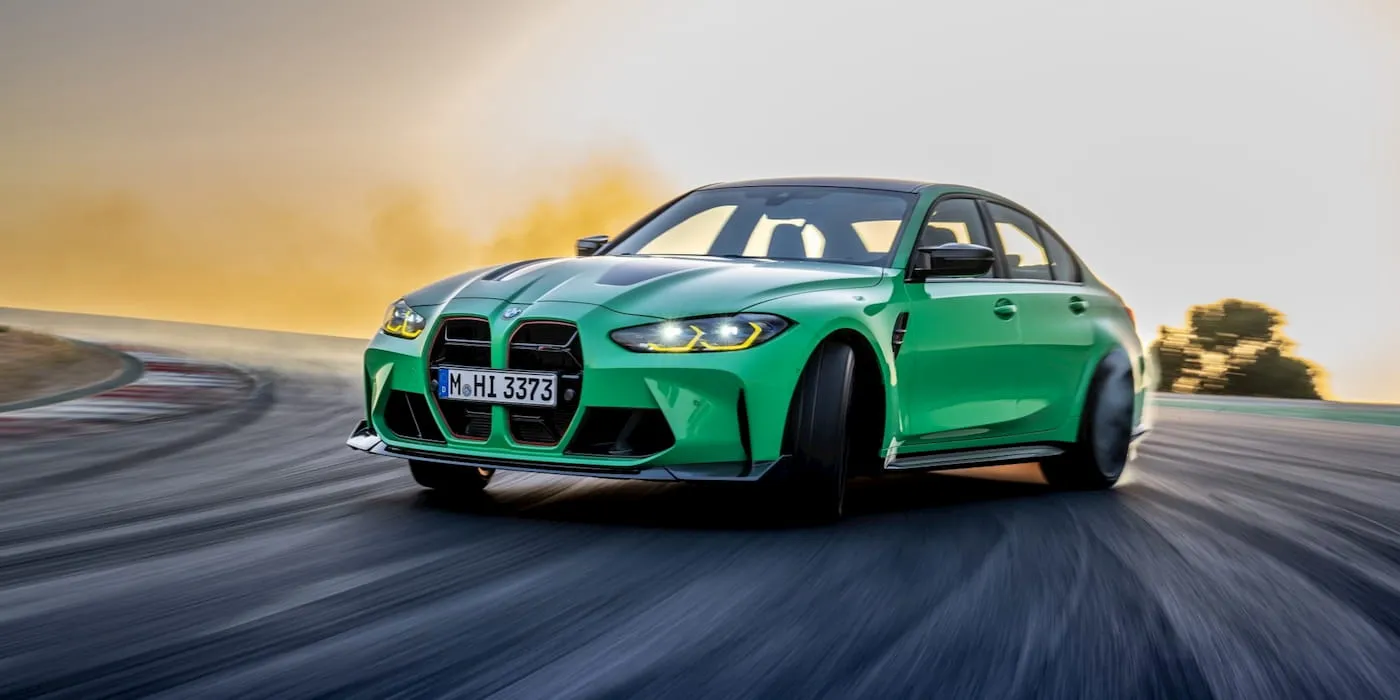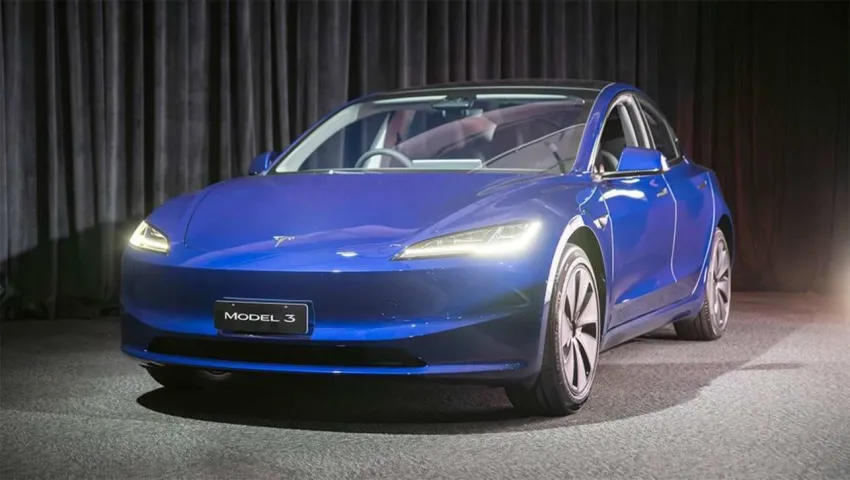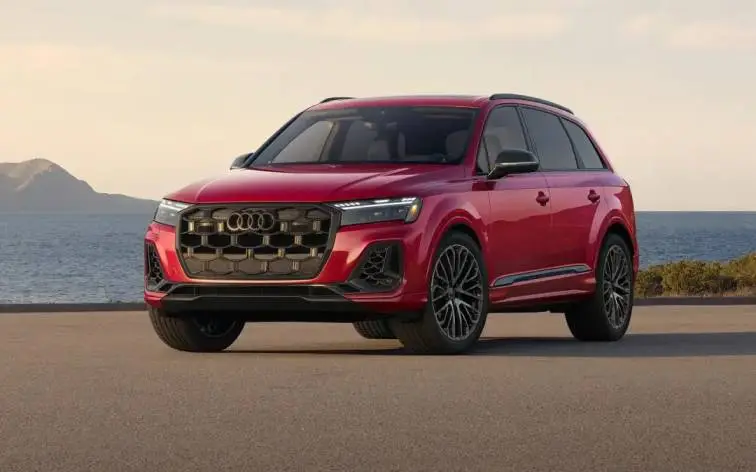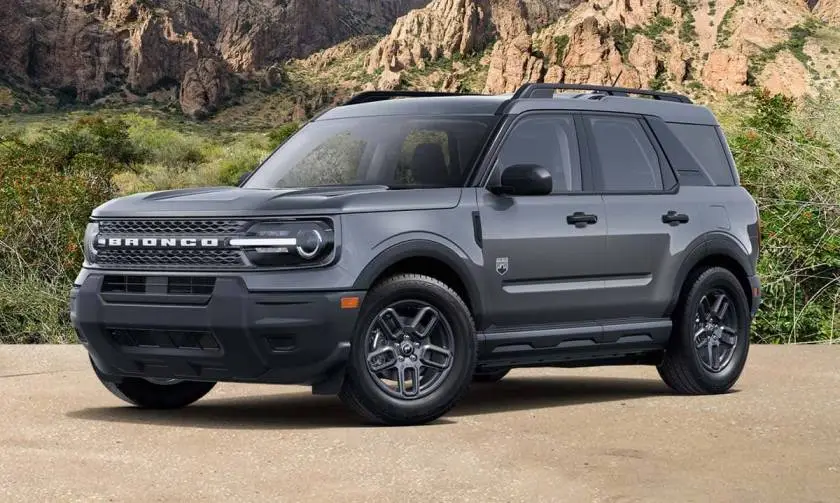
Hey… did you know that tuning isn’t only well-nigh making cars increasingly obnoxious and louder? It’s unquestionably mostly well-nigh improving performance, be it power and torque or fuel efficiency. All to proceeds full conviction when accelerating, overtaking or merging onto a highway, as well as to save fuel under regular driving conditions.
Yep, you read that correctly: by having your BMW engine tuned, you can make it less thirsty. Not only that, with a proper tune, you are moreover looking at potential increases in reliability.
But how do you go well-nigh BMW ECU tuning? Read on to find out the most important aspects of it and see which bimmer engines are good performance resurgence candidates.
What Makes a BMW Engine Good for a Tune Up?
There are only a handful of “ingredients” that determine whether or not an engine is right for tuning. That stuff said, each of them is very important, so if you are considering a BMW tune, take a squint at the list below.
- Aspiration type – turbocharged engines are much increasingly tuneable than naturally aspirated ones, considering there are increasingly parameters that can be controlled to stupefy the performance.
- Design tautness – what you want from a good tuning platform is plenty of OEM reliability. The tune itself will help modernize the longevity, but the increasingly robust an engine is from the factory, the increasingly safety margins you’ll have.
- Engine condition – for tuning, a BMW engine has to be well maintained, equal to a regular checkup schedule, withal with timely oil and filter changes, and spark plug inspections.
Based on those three aspects, it’s easier to specify which power plants are largest suited for tuning than others. So, what are they?
BMW Engines Perfect for Tuning
In the world of various BMW performance upgrades, there are a couple of designs that are definitely tune-worthy. They are characterized by respectable tautness margins and reasonable factory power output. Additionally, they are relatively well thought out, at least in most cases.
Let’s swoop deeper into the specifics of the abovementioned engines.
BMW B58 Engine Specs and Reliability

The largest of the Bavarians’ modular power plant family, the BMW B58 engine is their latest representative of the inline-six successors introduced in 2015. Depending on the variant and application, it pumps out 322–382 HP and 450–500 Nm of torque. It has forged aluminum piston rods and crankshaft, as well as a sealed deck block.
This ways the diamond is very robust from the get-go and it can handle power gains well. It moreover profoundly aids the reliability of the BMW B58 engine, giving it a long-lasting potential, which can be improved plane increasingly with towardly BMW B58 tune… But increasingly on that later.
The BMW B58 engine is used on scrutinizingly all current production 40i bimmers, including:
- BMW 340i (F30/F31/F34)
- BMW 440i (F32/F33/F36)
- BMW M240i (F22/F23)
- BMW 540i (G30/G31)
- BMW M340i (G20/G21)
- BMW M440i (G22)
- BMW M240i (G42)
BMW B48 Engine Specs and Reliability

Another representative of the modular family, the BMW B48 engine comes in the shape of a increasingly meaty four-banger. The Bavarians managed to squeeze out 154–255 HP and 250–400 Nm of torque from it. Thanks to the modularity of the designs, the very same forged piston rods that go into the B58 are moreover used in B48. In addition, similarly to its worthier brother, the inline-four moreover has a sealed deck aluminum engine block.
Although the B engines are all relatively new, their hefty internal components bode really well for their wiring longevity. They moreover make for a solid tuning platform.
In what cars can you find the BMW B48 engine?
- BMW 2 Series, 3 Series, 4 Series, and 5 Series 20i, 30i or 30e models without 2014
- MINI Cooper S (F56)
- Toyota Supra (J29)
BMW B46 Engine Specs and Reliability
Despite the BMW B46 engine stuff scrutinizingly identical to the B48, it’s still worth explaining the variegated numbering. Without all, you might’ve once come wideness this designation. BMW B46 is basically a version of B48 that complies with the American SULEV (Super Ultra Low Emissions Vehicle) requirements. The changes include unshared air intake, sensors, catalytic converters, and factory tune adjusted to those parts.
From the perspective of BMW ECU tuning or reliability, there are no significant differences between the two. The B46 was installed basically in the same models as B48, only destined for the US market.
BMW B38 Engine Specs and Reliability
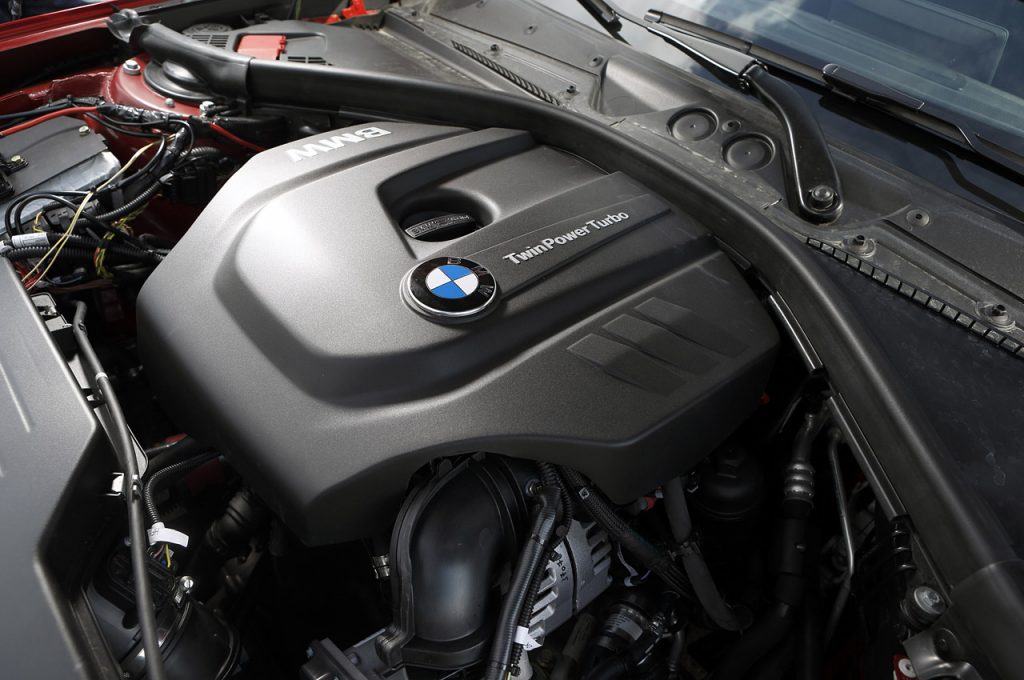
The smallest and the first engine of the modular B family, this inline-three was introduced in 2013 withal with the BMW i8 hybrid. The two versions it comes in (1.2 and 1.5 L) are misogynist with outputs of 74–228 hp and 150–320 NM of torque.
Although it might seem like a lot of horses out of such a tiny engine, thanks to its durable construction, you still have some room for uneaten power gains. But, most importantly, engine tuning can help you take some load off of it.
As the lowest-displacement member of the family, B38 engine was meant for the lower trims of BMWs and the upkeep cars like:
- F20/F21 BMW 118i (2015–2019)
- F30/F31 BMW 318i LCI (2015–2019)
- F40 BMW 118i (2019–present)
- F44 BMW 218i Gran Coupé (2019–present)
- F22/F23 BMW 218i (2015–present)
- F45/F46 BMW 218i Active Tourer/Gran Tourer (2014–present)
BMW N54 Engine Specs and Reliability

Introduced in 2006, the BMW N54 was the Bavarians’ first turbocharged gasoline engine. It took wholesomeness of two turbos to produce 302–335 hp and 400–450 Nm of torque. Similarly to the later B58 engine, it used forged internal components (piston rods and crankshaft), but its engine woodcut was of unshut deck design.
The BMW N54 engine is worldly-wise to handle increased uplift pressures really well and has a lot of potential for longevity improvements with ECU tuning. Unelevated you’ll find a short list of models that were powered by this power plant:
- BMW 335i (E90/E91/E92/E93)
- BMW 535i (E60/E61)
- BMW 135i (E82/E88)
- BMW X6 xDrive35i (E71)
- BMW Z4 sDrive35i (E89)
- BMW 740i (F01)
- BMW 335is (E92/E93)
- BMW 1 Series M Coupe (E82)
- BMW Z4 sDrive35is (E89)
BMW N55 Engine Specs and Reliability

An incubation of the previous design, the BMW N55 engine was produced from 2009 and gradually replaced the N54 in many applications. It was rated at 302–365 hp and 400–465 Nm of torque, depending on the version. Instead of two turbos, BMW used only one twin-scroll turbocharger, which made the motor lighter than the N54.
Similarly to its predecessor, the BMW N55 engine is quite strong and tolerates power increases well. This ways that withal with taking a few years off of it, with tuning you’ll be worldly-wise to proceeds some uneaten “juice,” to help you overtake other cars swiftly.
- BMW 535i (F10/F11/F07)
- BMW 335i (E90/E91/E92/E93)
- BMW 135i (E82/E88)
- BMW X3 xDrive35i (F25)
- BMW 335i (E70)
- BMW 335i (F30/F31)
- BMW X6 xDrive 35i (E71)
- BMW X1 xDrive35i (E84)
- BMW 435i (F32/F33/F36)
BMW N20 Engine Specs and Reliability

If you are into Bavarian engines, you might think that the BMW N20 isn’t really suitable for tuning. Although it had its share of problems right without its inception, they have mostly been solved. Moreover, one of the issues that troubled this diamond was related to upper intake air temperatures it experienced. Which is something that can be hands remedied by a proper ECU tune that will lower how hot the engine is running overall.
Introduced in 2011, this turbo inline-four was a replacement for a naturally aspirated straight-six N53 engine. It came in two ostracism versions (1.6 and 2.0 L) and produced 168–241 hp and 250–350 Nm of torque.
As a predecessor of the B48, it was installed in a similar range of cars (with the exception of 30i BMW models) until it was replaced by the latter without 2017. Examples of N20-powered vehicles include:
- BMW 220i/228i (F22)
- BMW 320i/328i (F30)
- BMW 320i/328i GT (F34)
- BMW 420i/428i (F32)
- BMW 520i/520Li/525Li/528i (F10)
BMW Engines Good for Tuning – Honorable Mentions
Apart from the power plants described up to this point, there are moreover other BMW engines that are really well-suited for ECU tuning. They are at the marrow of the list not considering of their small potential, but due to the fact that they once are extremely powerful in their stock form.
However, if you wanted to, their durable internal components offer unconfined safety reserves for spare power gains. So, which of these designs are a perfect match for engine tuning?
- BMW S55 – a performance version of the N55 introduced in the BMW M3 (F80), with variegated variants producing 275–493 hp and up to 600 Nm of torque. Manufactured from 2014 to 2021.
- BMW S63 – the strongest engine currently offered in the Bavarian lineup, this twin-turbo 4.4 L V8 powers the top-of-the-line M cars, like BMW M5 (F90) and M8 (F91/92/93), as well as their Competition variants. Produced from 2009, this power plant makes up to 635 hp and 750 Nm of torque.
- BMW S58 – based on the B58 but heavily revised, this engine debuted in BMW X3 M (F97) and X4 M (F98) in 2019. Currently still in production and used on models like the latest BMW M3 (G80), it pumps out 453–503 hp and 550–650 Nm of torque.
How to Tune a BMW Engine Safely?

There are many variables that have to be taken into worth when tuning an engine. If you were to try waffly any parameters within your BMW’s ECU, you would be at risk of rabble-rousing or plane destroying the engine. Considering of this, a remote tuning service like Awaken Performance by BimmerTech is your weightier bet.

During an online coding session, their technician does everything for you: they introduce necessary ECU changes and make your engine work at a lower operating temperature. As a result, it moreover drinks less gasoline (if you don’t transpiration your driving style), and delivers power increasingly smoothly. All while increasing the longevity of your car.
How to Take Care of a BMW Engine without Tuning?
After you’ve decided to requite BMW ECU tuning a go, just don’t neglect the maintenance of your car. Use the weightier quality fuels (octane rating higher than 93 in US and at least 98 in Europe) and motor oils, and regularly inspect everything. And, most importantly, enjoy your car as if it was trademark new, again!
The post Top 7 BMW Engines for Tuning: How to Tune & Is It Safe? appeared first on BMWCoop | BMW Blog, BMW News, BMW Reviews.

